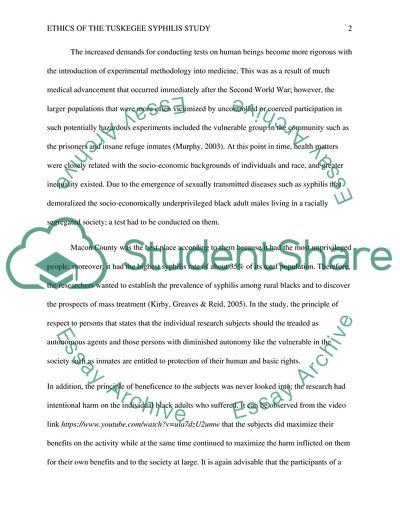Cite this document
(Research ethics of the Tuskegee Syphilis Study Paper, n.d.)
Research ethics of the Tuskegee Syphilis Study Paper. https://studentshare.org/medical-science/1859872-research-ethics-of-the-tuskegee-syphilis-study
Research ethics of the Tuskegee Syphilis Study Paper. https://studentshare.org/medical-science/1859872-research-ethics-of-the-tuskegee-syphilis-study
(Research Ethics of the Tuskegee Syphilis Study Paper)
Research Ethics of the Tuskegee Syphilis Study Paper. https://studentshare.org/medical-science/1859872-research-ethics-of-the-tuskegee-syphilis-study.
Research Ethics of the Tuskegee Syphilis Study Paper. https://studentshare.org/medical-science/1859872-research-ethics-of-the-tuskegee-syphilis-study.
“Research Ethics of the Tuskegee Syphilis Study Paper”. https://studentshare.org/medical-science/1859872-research-ethics-of-the-tuskegee-syphilis-study.


